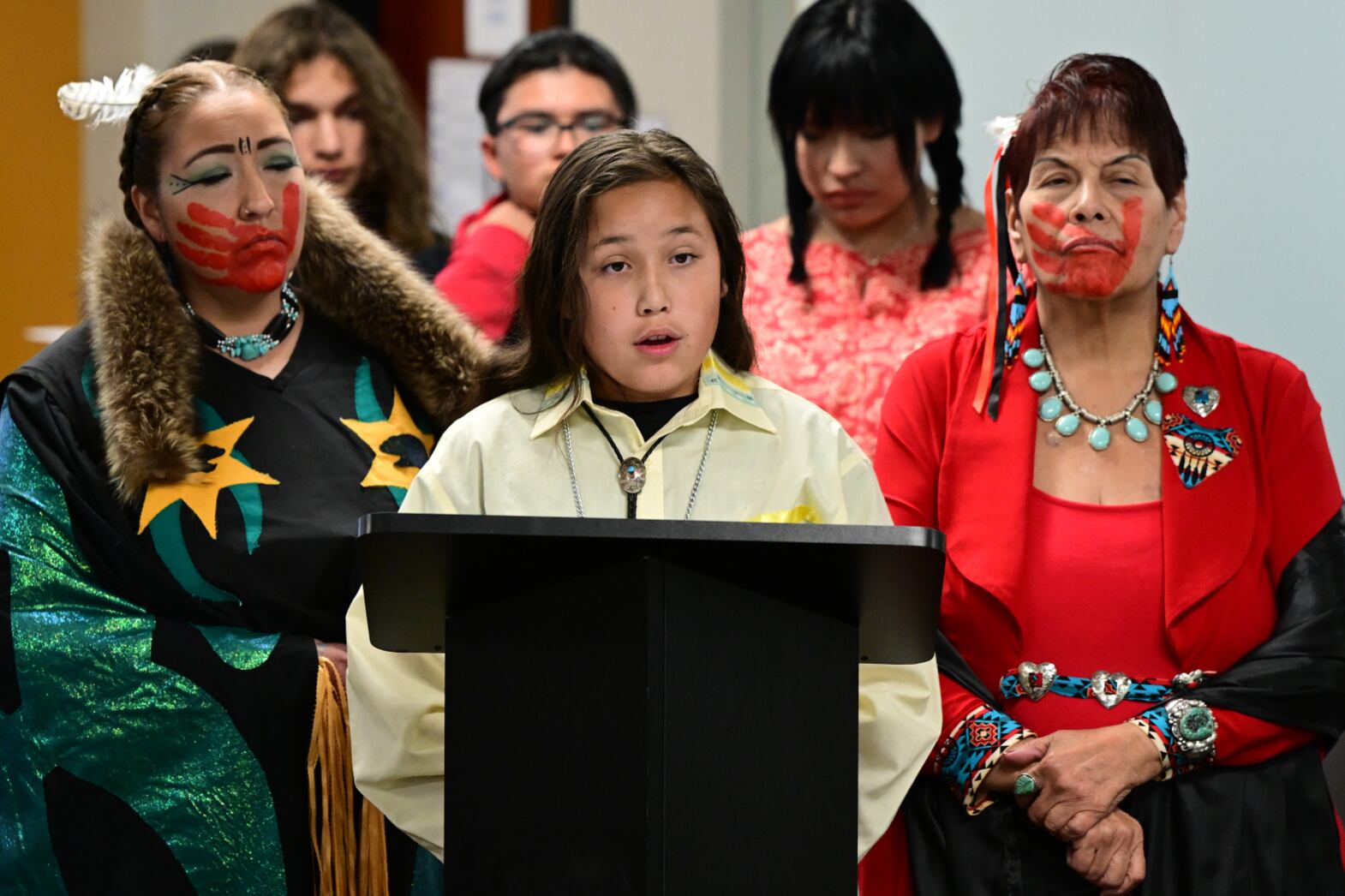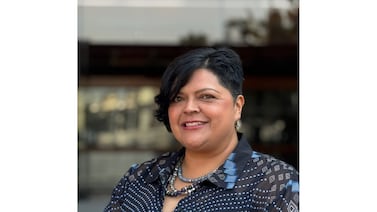A Denver charter school focused on serving Indigenous students will close at the end of the school year, according to a resolution passed by its board of directors.
The American Indian Academy of Denver, or AIAD, opened in the fall of 2020 with sixth, seventh, and eighth grades and a plan to build a high school one grade at a time.
Its founders hoped that a curriculum focused on science, technology, engineering, art, and math, coupled with lessons taught through an Indigenous lens, would be transformational in a school district where just 50% of Native American students graduated on time last year.
But three years later, AIAD is closing its doors. A resolution passed by the charter school’s board cites “significantly lower than expected enrollment of students, significantly lower than expected revenue, and significantly higher than expected costs.” The resolution also cites “challenges caused by the school being opened at the start of [the] COVID-19 pandemic.”
AIAD officials did not respond to a request for comment.
The Denver school board is set to vote Thursday on the surrender of AIAD’s charter. The vote is largely a formality. If the school board votes yes, AIAD will join two other charter middle schools that are closing at the end of the school year: STRIVE Prep - Lake and STRIVE Prep - Kepner.
A district-run middle school, Denver Discovery School, is also set to close at the end of the school year, bringing the total number of Denver middle school closures to four.
Enrollment in Denver Public Schools is declining. So is the number of independent charter schools, which are funded per pupil. AIAD will be the 14th Denver charter to close in four years.
In November, after DPS officials said they were considering the rare step of revoking AIAD’s charter, AIAD students and parents pleaded with the school board to keep their school open. At the time, AIAD had 134 students in grades six through 10. In its original charter application, AIAD had predicted it would eventually have 400 students in grades six through 12.
District officials never recommended revocation. Instead, the AIAD board “determined that, after exploring all potential alternatives and finding no viable options, it is their obligation and duty to close the charter school after the current academic year,” the AIAD resolution says.
Melanie Asmar is a senior reporter for Chalkbeat Colorado, covering Denver Public Schools. Contact Melanie at masmar@chalkbeat.org.






